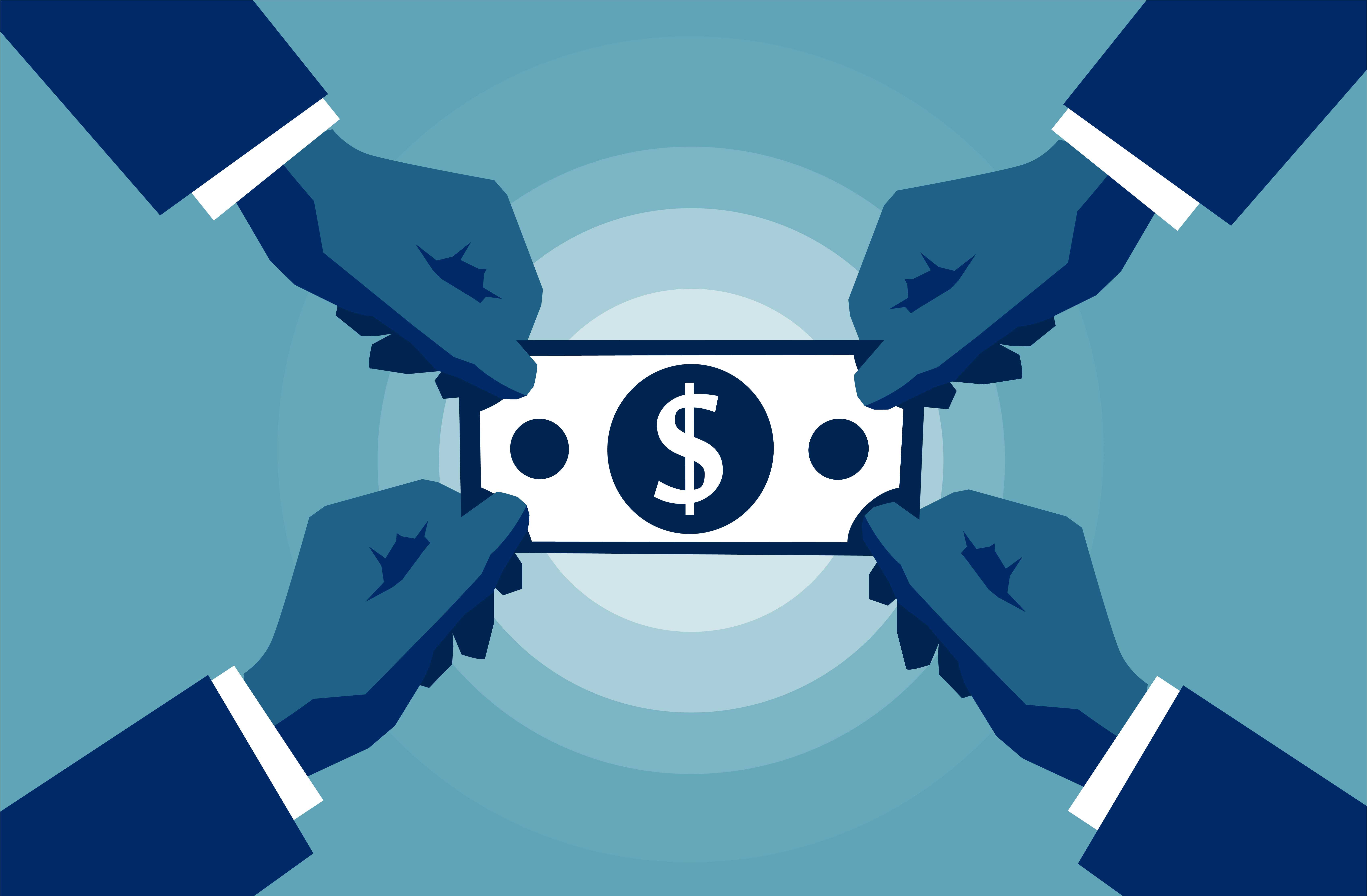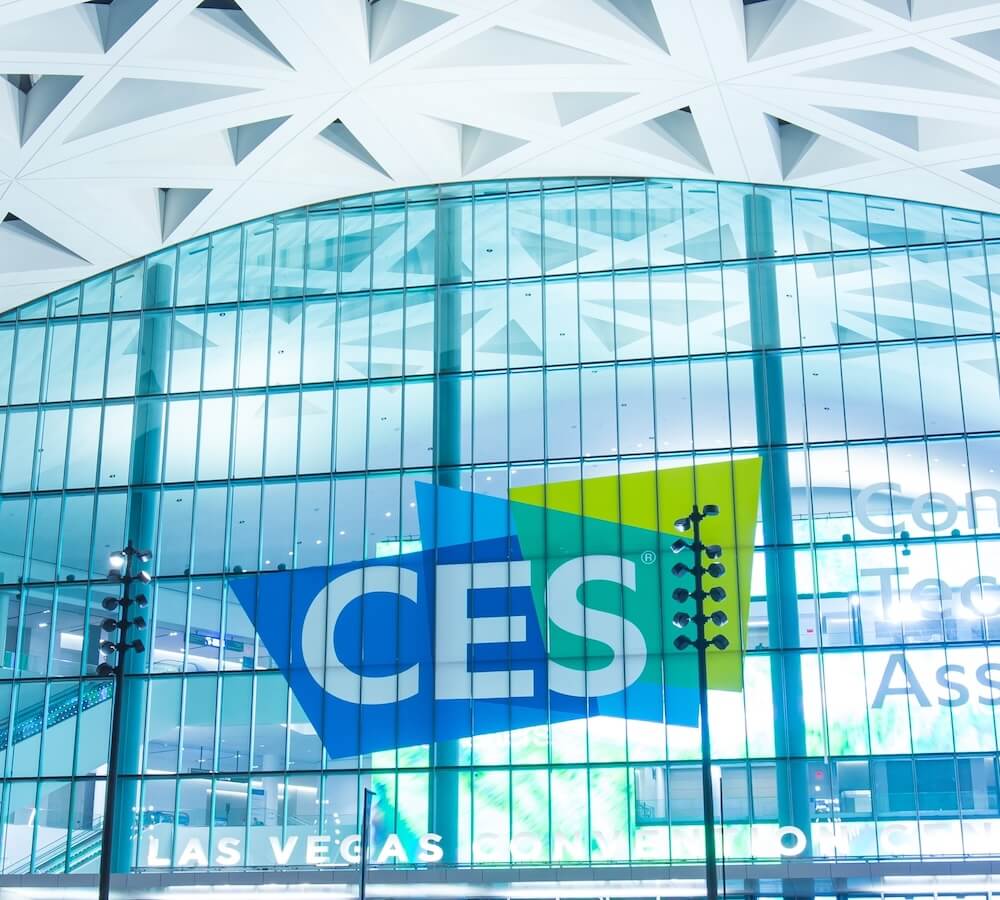
Posted February 27, 2023
By Zach Scheidt
What the “Silver-Tongued Demagogues” Don't Want You to Know
Warren Buffet published his annual letter to shareholders on Saturday. As is often the case, he didn't mince words or hold back his true feelings.
Check out this quote on the controversial practice of share buybacks:
“When you are told that all repurchases are harmful to shareholders or to the country, or particularly beneficial to CEOs, you are listening to either an economic illiterate or a silver-tongued demagogue (characters that are not mutually exclusive)...”
In case you need a refresher on the definition of demagogue, here's what I found...
Dem-a-gogue: A political leader who seeks support by appealing to the desires and prejudices of ordinary people rather than by using rational argument.
I couldn't have said it better myself!
Today I want to spend a little time unpacking Buffet's statement and look at a few stocks that benefit from this contentious transaction.
Buybacks Return Your Money to You
Over the last two years, share buybacks have gotten a bad name.
This is largely because President Biden has demonized traditional energy companies for buying back shares of stock instead of using the money to increase production.
I wrote some quick thoughts on this perspective here. And quite frankly, I agree with Buffet: This demonization is based on politics and votes, not on reason.
Here's how the process works...
Companies use cash from their balance sheets to buy shares of stock in the open market, which are then retired and taken out of circulation.
This means each remaining share represents a larger piece of the overall company.
So if you're holding a single share of this company (or 100 shares or any other number), you automatically own a larger percentage.
In other words, you're entitled to more of the company's profits… the company can pay larger dividends… and your shares represent a larger claim on the company's assets.
So with more benefits for each remaining share outstanding, stock prices of companies that buy back shares tend to increase in value.
But here's the thing…
Collectively, shareholders own the entire company. So when a company buys back stocks, it's using its investors’ money to buy shares from other investors in a free-market transaction.
That's not something the government should have any control over. Heck, politicians shouldn't even have an opinion on a free market transaction like this.
An Efficient Way to Grow Your Ownership
When you think about it, share buybacks are not all that different from one of my favorite investment strategies: dividend reinvestment.
We've talked about dividend reinvestment plans (or DRIPs) here at Rich Retirement Letter before.
When a company pays you a dividend, you can choose to automatically reinvest that cash into new shares of stock through a DRIP.
If you reinvest your dividends, you steadily increase the number of shares you own. Over time, this strategy allows you to build a larger position, creating more income.
But even though I love the benefits of this approach, there's one small drawback: taxes.
As an investor, you still have to pay taxes on every dividend you receive (unless of course you own your shares in a tax-deferred or tax-exempt retirement account.)
Paying taxes on every quarterly dividend can eat into your overall returns.
But when a company uses your money to buy back shares of stock, you don't have to pay taxes on the gain — at least not until you sell your shares.
So share buybacks essentially do the same thing as reinvested dividends. But they do it in a way that helps investors like you and me grow our wealth more efficiently.
Don't buy the political statement that share buybacks only benefit the wealthy.
Thanks to low commissions, fractional share purchases, and user-friendly investment apps, the stock market has become much more accessible. Now anyone can start small and steadily grow their wealth.
Buyback Names to Consider
If you'd like to tap into the wealth-building power of share buybacks, there are plenty of stocks you can choose from.
Right now, the energy sector is full of companies that are generating cash and using it to buy back shares. Chevron Corp. (CVX) is a prime example.
The company recently announced it’s spending $75 billion to buy back shares. As this capital is put to work, existing CVX shares should become much more valuable.
Another company known for its share buybacks is Apple Inc. (AAPL). Thanks to its focus on recurring service revenue, AAPL has huge amounts of cash flowing into its balance sheet each quarter.
Now that the stock has pulled back from last year's highs, AAPL can retire more shares for the same amount of money spent.
So not only are you getting more value when you buy AAPL today, but you're also getting more benefits from the company's buyback program.
I also like shares of Procter & Gamble (PG) as a buyback play. The company spent more than $40 billion in share buybacks over the last five years. And thanks to the company's reliable profits, I expect more of the same in 2023.
Similarly to AAPL, shares of PG have pulled back from the stock's 2022 peak. That means you can buy shares cheaper and the company can also retire shares at a cheaper price.
It's a win-win!
So the next time you hear a politician criticizing a company for repurchasing shares, you can know what's really happening behind the scenes.
The company is spending your money to help add more value to your investment.
And that's a good thing for your retirement and those of millions of Americans who own stocks or mutual funds.

How Others’ Incompetence Costs You Big-Time
Posted January 17, 2024
By Byron King

Turning Empty Cubicles Into Houses
Posted January 15, 2024
By Zach Scheidt

"Boring AI": Overlooked Opportunity From CES 2024
Posted January 12, 2024
By Zach Scheidt

5 Must-See Predictions
Posted January 10, 2024
By James Altucher

Welcome to Earth, the Mining Planet
Posted January 08, 2024
By Byron King
